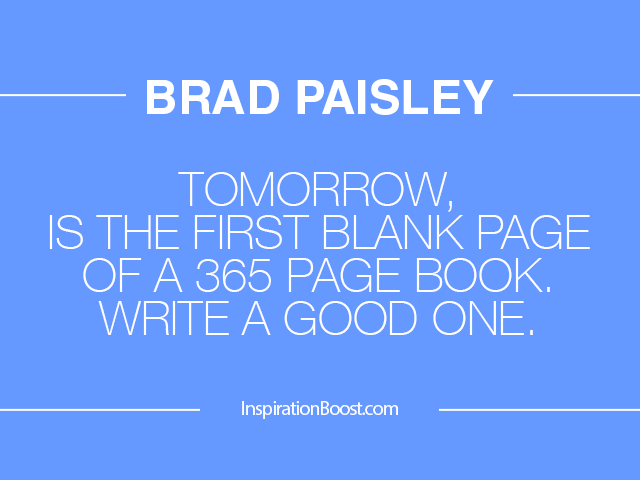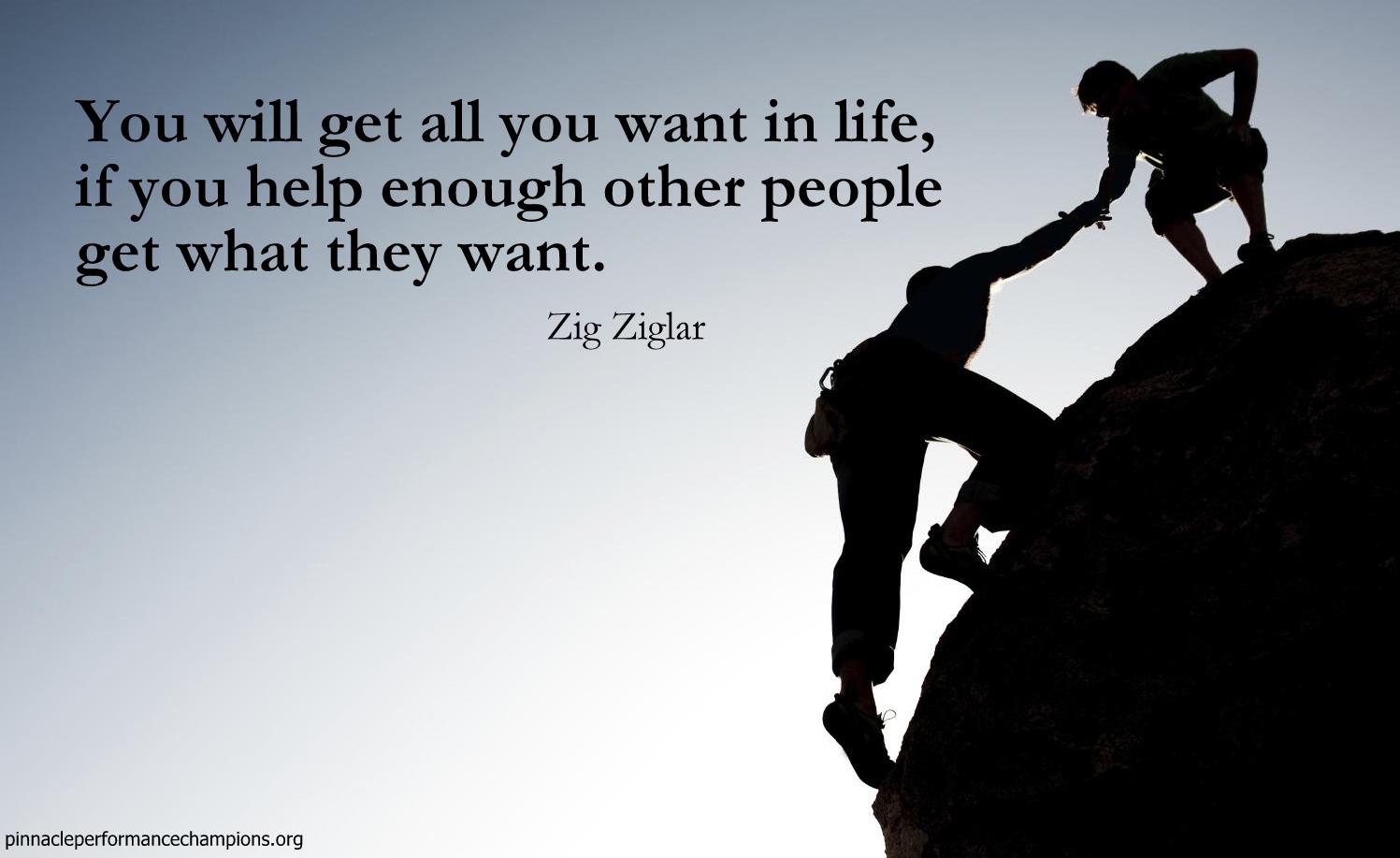How to Stop Worrying and Start LivingAuthor: Dale Carnegie
Learn how to break the worry habit — Now and forever!
With Dale Carnegie’s timeless advice in hand, more than six million people have learned how to eliminate debilitating fear and worry from their lives and to embrace a worry-free future. In this classic work, How to Stop Worrying and Start Living, Carnegie offers a set of practical formulas that you can put to work today. It is a book packed with lessons that will last a lifetime and make that lifetime happier!
DISCOVER HOW TO:
Eliminate fifty percent of business worries immediatelyReduce financial worriesAvoid fatigue — and keep looking youngAdd one hour a day to your waking lifeFind yourself and be yourself — remember there is no one else on earth like you!
Fascinating to read and easy to apply, How to Stop Worrying and Start Living deals with fundamental emotions and life-changing ideas. There’s no need to live with worry and anxiety that keep you from enjoying a full, active life!
![]() دانلود مستقیم بخش اول از فایل های ضروری دکتر تقی پوریان - درس حسابداری
دانلود مستقیم بخش اول از فایل های ضروری دکتر تقی پوریان - درس حسابداری
حجم: 584 کیلوبایت
امروز دانلود بخش اول از فایل های ضروری دکتر تقی پوریان - درس حسابداری مدیریت - طرح درس
Some other powerful beliefs listed here.
Which one do you wish to incorporate deep into your daily life?
1. Others’ opinion is just a reference for me to make my decision.
2. I accept that life is like a wave. It has its ups and downs.
3. My life is wholly my choice. It goes how I want it to be.
4. Everyone I meet is a best friend I do not know yet.
5. Nothing is impossible in life as long as I believe and take action.
6. I believe I can learn from any situation.
7. We do not need to catch the negative balls thrown to us all the time.
8. I’m flexible and I can adopt new changes into my life.
9. When one door closes another opens
10. I’m open to all the great abundance in life.
11. I do matter. My words matter, my persistence matters and my life matters.
12. There is no total darkness. It is just absence of light.
13. I need to know how to love myself first, then only I can love the whole world.
14. I’m going to enjoy this challenge, no matter what the outcome may be.
15. Fear is only a feeling, thus it cannot hold me back.
16. We can only find valor in great fear.
17. People come into our life for a reason: to support us, to love us or to teach us a valuable lesson.
18. You can only reflect true happiness when you are truly happy in the first place. Be happy.
19. A great answer is always derived from great question. Always ask a good question.
20. Our life values does not based on what we have in possession or what we have achieved, but how much values we have given to others. It is all about making a change to other people’s life, lifting life that counts. Giving, it represent our life’s value.
![]() Page 1
Page 1
حجم: 3.75 مگابایت
![]() Page 2
Page 2
حجم: 4.34 مگابایت
![]() Page 3
Page 3
حجم: 4.19 مگابایت
![]() Page 4
Page 4
حجم: 3.92 مگابایت
![]() Page 5
Page 5
حجم: 4.15 مگابایت
![]() Page 6
Page 6
حجم: 4.01 مگابایت
![]() Page 7
Page 7
حجم: 3.96 مگابایت
![]() Page 8
Page 8
حجم: 3.6 مگابایت
![]() Page 9
Page 9
حجم: 3.58 مگابایت
![]() Page 10
Page 10
حجم: 4.21 مگابایت
![]() Page11
Page11
حجم: 4.25 مگابایت
نیاز بعدی : فرهنگ صداقت
جیمز اوتول ، وارن بنیس مترجم: سارا پنجی زاده ص 55
چکیده
اگر قرار است از فاجعه هایی که طی دهه گذشته برای کسب وکارها رخ داد چیزی بیاموزیم، درس این است که باید از ارزیابی رهبران سازمانی فقط بر اساس مقدار ثروتی که برای سرمایه گذاران ایجاد میکنند دست برداریم. معیار سالمتر این است که: رهبران تا چه میزان میتوانند سازمانهایی را ایجاد کنند که از لحاظ اقتصادی، اخلاقی و اجتماعی پایدار باشند. نخستین گام به سوی انجام چنین هدفی آن است که فرهنگ رک گویی را در سازمان ایجاد کنیم.
اوتول، از مدرسه بازرگانی دنیلز دانشگاه دنور و بنیس، از دانشگاه جنوب کالیفرنیا، میگویند اگر کارکنان به اطلاعات بهروز و مرتبط دسترسی نداشته باشند، سازمانها نمیتوانند نوآوری کنند، به نیازهای سهامداران پاسخ دهند یا به طور اثربخش کار کنند. با وجود این، افزایش شفاف سازی میتواند کشاکشی دشوار علیه طبیعت آدمی باشد. موانع بیشماری بر سر راه است: مدیران خودبرتربینی که به سخنان زیردستانش گوش فرا نمیدهند یا آنان را به خاطر رساندن اخبار بد مجازات میکنند؛ رهبرانی که عقیده دارند اطلاعات قدرت میآورد و به همین علت آن را میاندوزند؛ تفکر گروهی میان اعضای گروهی که نمیدانند چگونه مخالفت خود با نظرات یک دیگر را ابراز کنند؛ هیات مدیرههایی که مدیران ارشد پرجذبه را مورد پرسش قرار نمیدهند.
با وجود این، رهبران میتوانند برای پرورش شفاف سازی گامهایی بردارند. آنان میتوانند با آزادانه سخن گفتن و صراحت، پذیرفتن اشتباه های خویش، ترغیب کارکنان به حقیقت گویی در برابر صاحبان قدرت و پاداش دادن به منتقدین، الگوی همان رفتاری باشند که خواهان دیدن آن هستند. آموزش کارکنان در مورد پرداختن به گفت وگوهای ناخوشایند همراه با ادب و متانت نیز موانع موجود بر سر راه ارتباط صادقانه را از میان برمیدارد. رهبران میتوانند برای جلوگیری از اثرپذیری خود از افراد مغرض، منابع اطلاعاتی خویش را افزایش دهند. این راهکاری آشکار است که به ندرت مورد استفاده قرار میگیرد. شاید بزرگ ترین اهرم برای تغییر فرهنگ همان روند انتخاب مدیرعامل باشد؛ یعنی انتخاب رهبران بر اساس شفاف سازی در رفتار و نه تنها بر مبنای توانایی رقابت و شرکتهای اندکی حتی تا آنجا پیش رفته اند که همه اطلاعات مربوطه را با تک تک کارکنانشان در میان گذاشته اند.
 Warren Buffett is a business magnate, investor and philanthropist from the United States. He is the chairman of Berkshire Hathaway and is widely considered the most successful investor of the 20thcentury. Buffett has consistently ranked among the world’s wealthiest people. He was listed as the world wealthiest person in 2008 and the third wealthiest person in 2012. He was also named by Time in 2012 as one of the most influential people in the world.
Warren Buffett is a business magnate, investor and philanthropist from the United States. He is the chairman of Berkshire Hathaway and is widely considered the most successful investor of the 20thcentury. Buffett has consistently ranked among the world’s wealthiest people. He was listed as the world wealthiest person in 2008 and the third wealthiest person in 2012. He was also named by Time in 2012 as one of the most influential people in the world.
Warren Buffett is well-known for his adherence to the value investing philosophy. He also has a reputation of personal frugality despite his immense wealth. A notable philanthropist, Buffett have pledged to give away ninety-nine percent of his fortune to philanthropic causes.
The following are some inspirational quotes by Warren Buffett, which you can use to motivate your team.
“Someone is sitting in the shade today because someone planted a tree a long time ago.”
– Warren Buffett
“You do things when the opportunities come along. I’ve had periods in my life when I’ve had a bundle of ideas come along, and I’ve had long dry spells. If I get an idea next week, I’ll do something. If not, I won’t do a damn thing.”
– Warren Buffett
“Risk comes from not knowing what you’re doing.”
– Warren Buffett
“You know, people talk about this being an uncertain time. You know, all time is uncertain. I mean, it was uncertain back in – in 2007, we just didn’t know it was uncertain. It was – uncertain on September 10th, 2001. It was uncertain on October 18th, 1987, you just didn’t know it.”
– Warren Buffett
“I don’t look to jump over 7-foot bars: I look around for 1-foot bars that I can step over.”
– Warren Buffett
A public-opinion poll is no substitute for thought.
– Warren Buffett
“Time is the friend of the wonderful company, the enemy of the mediocre.”
– Warren Buffett
“It takes 20 years to build a reputation and five minutes to ruin it. If you think about that, you’ll do things differently.”
– Warren Buffett
“Only when the tide goes out do you discover who’s been swimming naked.”
– Warren Buffett
“The first rule is not to lose. The second rule is not to forget the first rule.”
– Warren Buffett
“If past history was all there was to the game, the richest people would be librarians.”
– Warren Buffett
“It’s better to hang out with people better than you. Pick out associates whose behavior is better than yours and you’ll drift in that direction.”
– Warren Buffett
“In the business world, the rearview mirror is always clearer than the windshield.”
– Warren Buffett
“There seems to be some perverse human characteristic that likes to make easy things difficult.”
– Warren Buffett
“You only have to do a very few things right in your life so long as you don’t do too many things wrong.”
– Warren Buffett
“Should you find yourself in a chronically leaking boat, energy devoted to changing vessels is likely to be more productive than energy devoted to patching leaks.”
– Warren Buffett
“We enjoy the process far more than the proceeds.”
– Warren Buffett
“Price is what you pay. Value is what you get.”
– Warren Buffett
“The business schools reward difficult complex behavior more than simple behavior, but simple behavior is more effective.”
– Warren Buffett
















































